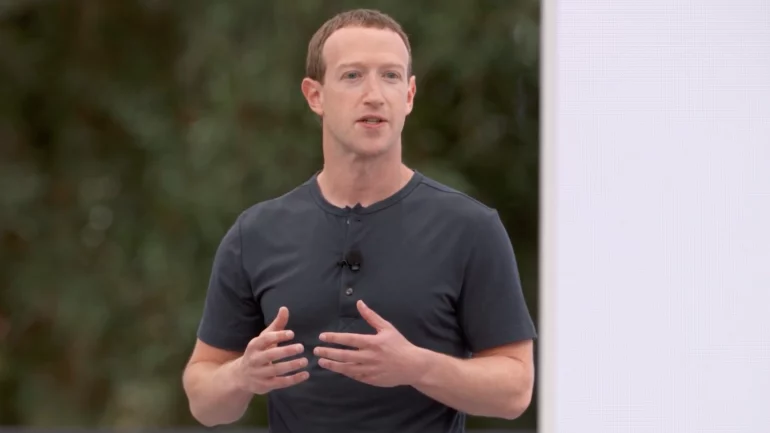- Meta and Spotify are collaborating again, this time focusing on open-weight AI.
- Both companies argue that EU privacy regulations are slowing down AI innovation.
- Due to unclear legislation, Meta cannot train AI models on public data from Facebook and Instagram.
- Due to regulatory uncertainties, Meta will withhold its upcoming AI models, like the Llama multimodel, from EU users.
- Spotify emphasizes the importance of open-source AI for music streaming and artist discovery.
- Unclear EU regulations constrain both companies but have supported the EU’s regulation against Apple’s App Store practices.
- Meta and Spotify have a history of collaborating and aligning on strategic issues, especially navigating tech regulations.
Main AI News:
Meta and Spotify are joining forces again, focusing on open-source AI, or more specifically, open-weight AI, as they argue that EU privacy regulations hinder innovation. In statements released on their respective websites, Meta CEO Mark Zuckerberg and Spotify CEO Daniel Ek expressed concerns that the current regulatory landscape in Europe is slowing down progress. Meta, for instance, noted that it cannot train AI models on public data from Facebook and Instagram due to a lack of clear legislation.
Meta warns that these delays could leave European users without access to the latest AI advancements, as the most powerful AI models might not reflect Europe’s cultural and linguistic diversity. As a result, Meta confirmed that it will withhold its upcoming AI models, including the Llama multimodel, which can understand images from EU customers due to regulatory uncertainties.
Spotify highlighted its early investment in AI as a key factor in its success, particularly in creating personalized user experiences. The company sees open-source AI as crucial for the future of music streaming, particularly in helping more artists get discovered. Spotify argues that a simplified regulatory framework would accelerate the growth of open-source AI and support European developers and the broader creative community.
Clearly, Spotify is interested in leveraging Meta’s AI technology to enhance its offerings, but EU regulations are unclear and similarly constrain it. Both companies are not opposed to regulation when it suits their interests, as seen in their shared criticism of Apple’s App Store practices. They supported the EU’s decision to label Apple as a “gatekeeper” and enforce new rules under the Digital Markets Act (DMA). However, Zuckerberg and Ek have criticized Apple’s compliance measures as overly burdensome.
Meta and Spotify’s history of collaboration, including initiatives like the Spotify miniplayer on Facebook, shows their continued alignment on strategic issues, particularly in navigating regulatory challenges in the tech space.
Conclusion:
The collaboration between Meta and Spotify on open-source AI highlights the growing frustration among tech giants over EU regulations, which they see as hindering innovation. This alliance underscores the importance of straightforward and adaptable regulatory frameworks that support technological advancement while protecting consumer rights. The potential withholding of AI advancements from the European market due to regulatory uncertainty could disadvantage European users and developers, impacting competition and slowing down the adoption of cutting-edge technologies. For the broader market, this tension between innovation and regulation could lead to increased lobbying for regulatory reform, possibly influencing future EU policies on AI and data privacy.

